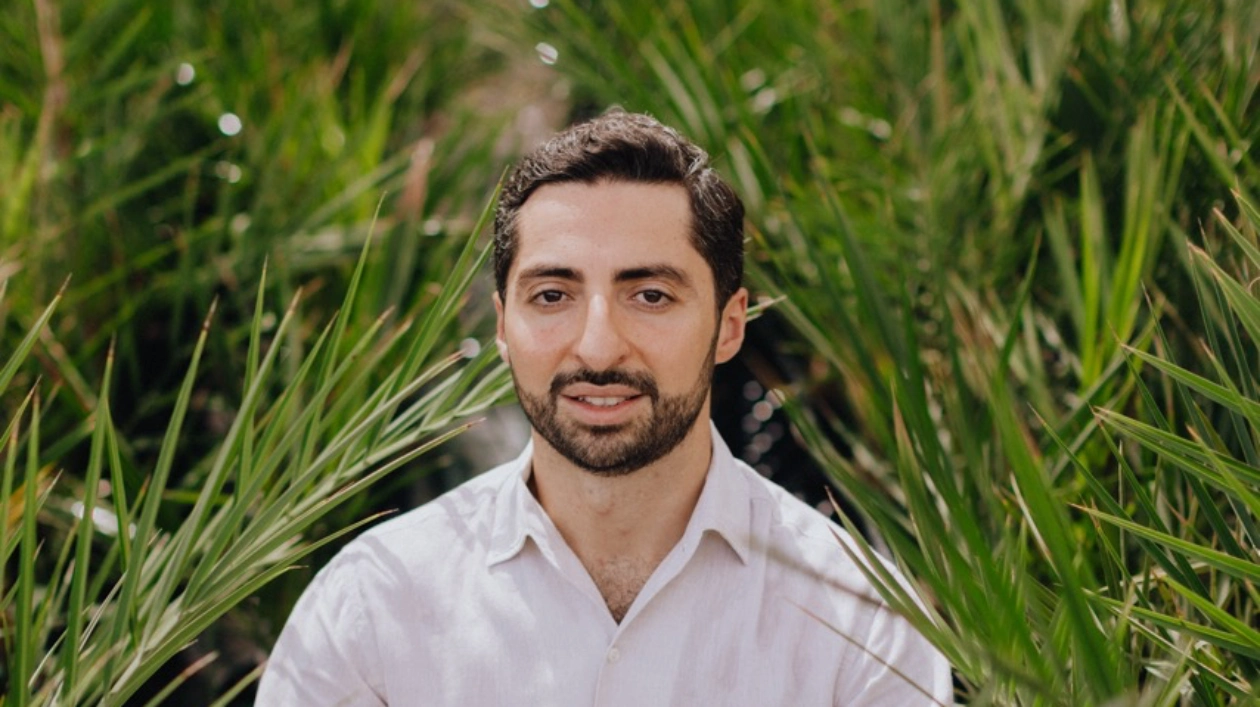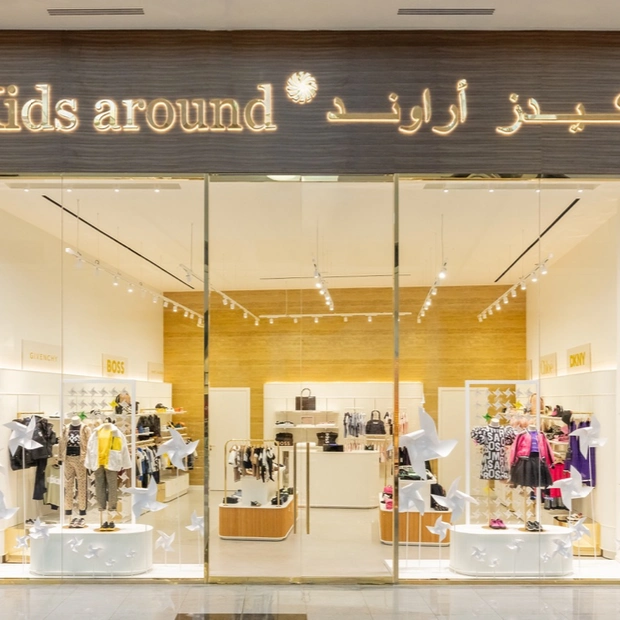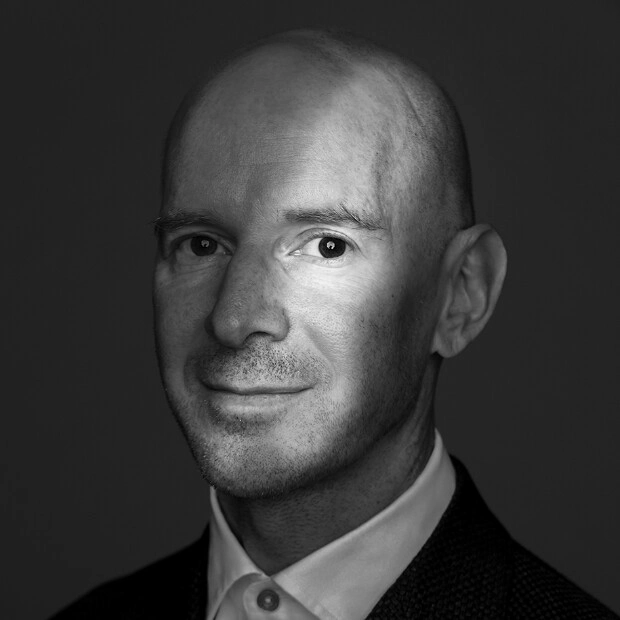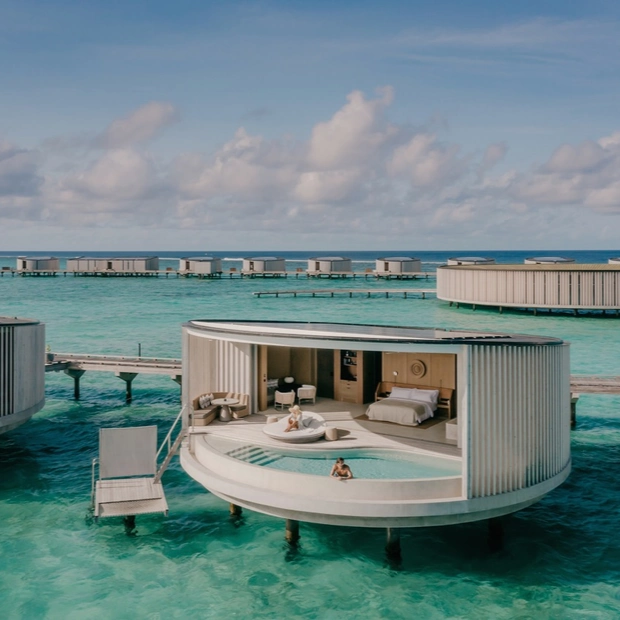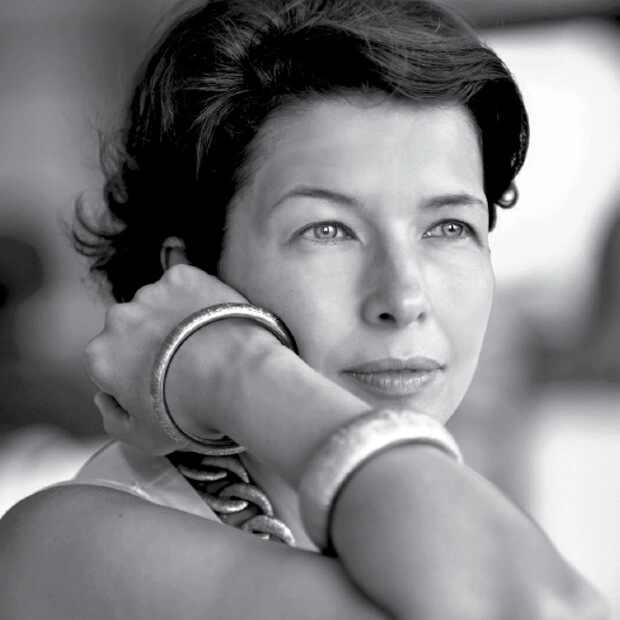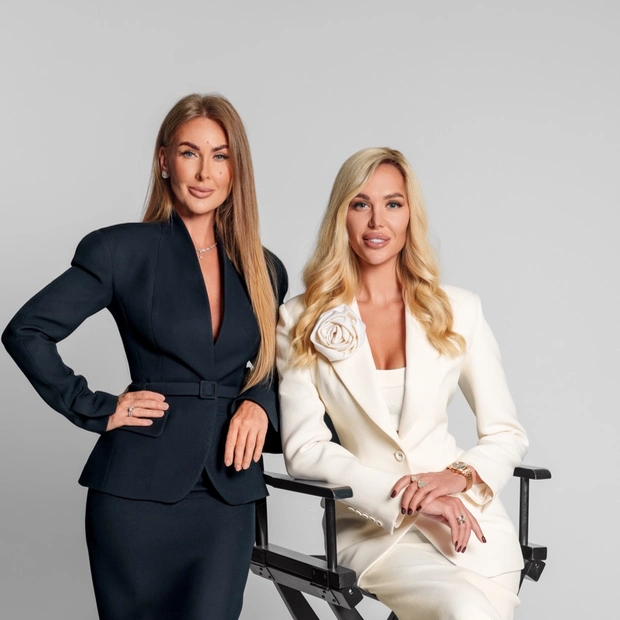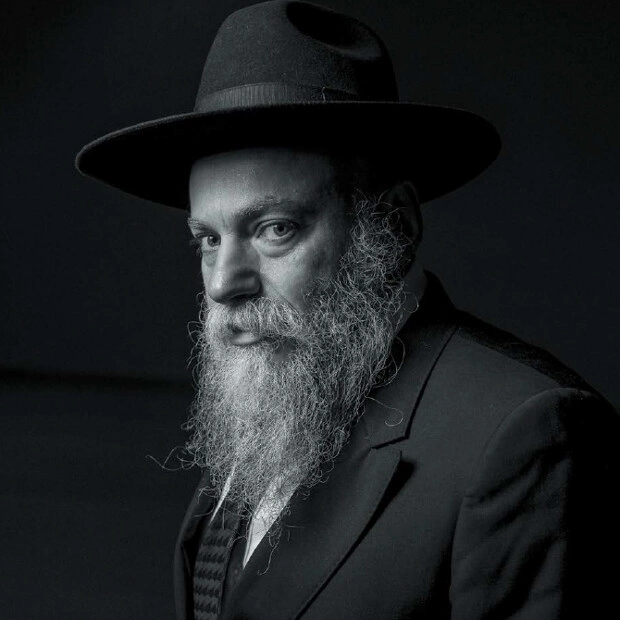The true success
In the familiar world, tradition and innovation are often juxtaposed, but sometimes a profound respect for cultural heritage does not become an obstacle to progressive thinking. In such instances, not only does business undergo a transformation, but the customary landscape changes as well — both literally and metaphorically. Sergey Avayan, co-founder of the agrotechnology company Treelogy in Dubai, compels us to contemplate the nature of innovation and its role in preserving traditions, proving that genuine ingenuity does not negate the past but rather builds bridges between heritage and the future.
As I stand amidst the lush greenery of our nursery in Dubai, watching thousands of date palm saplings sway gently in the breeze, I'm struck by the circuitous path that led me here. Four years ago, if you had told me I'd be at the forefront of agrotech innovation in the United Arab Emirates, I might have raised a sceptical eyebrow. Yet here I am, helming a venture that's not only pushing the boundaries of agriculture in this arid land but also contributing to the nation's food security in ways I could scarcely have imagined.
My journey began far from these sun-baked shores, in the mountainous terrain of Armenia. Fresh out of university in 2012, I dove headfirst into the world of medical equipment distribution. It was a solid business, one that served a clear need in my home country. However, as the years passed, I began to feel the limitations of operating an Armenia-based business while living in Dubai. The inefficiencies were palpable, and I knew it was time for a change.
It was in late 2020, amidst the global upheaval of the pandemic, that my partner and I decided to embark on a new venture. We turned our gaze to the burgeoning field of agrotech, specifically focusing on innovative farming solutions. Our goal was ambitious yet clear: to adapt non-native trees to the UAE's unique climate and make them viable for local planting. Thus, Treelogy was born — a name that encapsulates the three-layered approach we take to our business. At its core, our company operates on three distinct levels: the laboratory, where we nurture plants from cells; the greenhouse, where we create specific weather conditions tailored to each plant's needs; and finally, the nursery, where our trees gain the strength required for planting in the open.
Our primary focus quickly honed in on date palm trees, a crop deeply intertwined with the cultural and economic fabric of the UAE. It's a choice that might seem paradoxical at first glance — after all, what could a non-local possibly contribute to an industry so steeped in local tradition? Yet it's precisely this outsider perspective that has allowed us to bring fresh innovations to a well-established field. Whilst the UAE could boast an impressive 199 varieties of date palms, we saw an opportunity to introduce the 200th and 201st varieties, renowned for their exceptional qualities. We presented the Medjool, sourced from America, and the Barhi, from the United Kingdom to the UAE. These trees, particularly the Medool, have a rather fascinating history. Originally hailing from Africa and on the brink of extinction, American scientists employed tissue culture methods to clone and preserve this prized variety. Now, we are bringing the trees full circle, reintroducing them to the Middle East, where they thrive in the familiar climate.
It wasn't an easy sell initially. We faced scepticism, even criticism, from those who questioned our audacity in attempting to "teach locals how to do what they were born with."
But we persevered, driven by a simple yet powerful question: How sustainable is it to import the world's most expensive date variety when it could be grown locally? Our vision wasn't just about introducing a new product; it was about adding value to the UAE's cultural heritage while simultaneously reducing reliance on imports. This philosophy extends beyond mere cultivation. We've expanded our services to include consultancy, helping existing farms optimise their yield through cutting-edge technology. Picture a farm owner monitoring the health of his crops and predicting harvest yields from the palm of his hand — that's the kind of digital revolution we're bringing to an age-old industry.
Of course, this journey hasn't been without its challenges. The business landscape in the UAE operates at a different tempo compared to what I was accustomed to in Armenia. Processes here are more formal, often slower, but ultimately more fundamental. It's a methodical approach that ensures when success comes, it's built on solid ground. I vividly recall our first major breakthrough — winning a significant tender against well-established competitors. Despite our higher prices, our superior quality won the day. It was a moment of vindication, proving that our unwavering commitment to quality over cost-cutting was the right approach.
As we loaded those first 5,000 trees into containers, I was struck by a mix of emotions. Pride in what we had achieved, certainly, but also a bittersweet sense of letting go. These trees, which we had nurtured for two years, had become more than mere products. They were a testament to our vision, our hard work, and our belief in the potential of this business. This experience taught me a valuable lesson about entrepreneurship: success isn't just about the end product or the profit margin. It's about the journey, the passion you invest, and the impact you create. Every tree we sell carries with it a piece of our vision for a more sustainable, self-sufficient UAE.
As our business has grown, so too has our network. A fortuitous connection with a high school friend, now a member of a ruling family, opened doors we never thought possible. It's a reminder of the unique opportunities that Dubai offers — a place where personal connections can lead to transformative business partnerships. But with these opportunities comes great responsibility. As Warren Buffett wisely noted, the goal should be to "make money while you sleep." It's a philosophy that resonates deeply with me. Our business isn't just about the day-to-day operations; it's about creating a legacy that will continue to bear fruit long after we've stepped away.
This long-term perspective is what drives me. When I look at the palm trees we plant today, I see more than just a crop. I see a living legacy that will still be standing tall when my grandchildren walk this earth. It's a powerful motivator, knowing that the work we do today will have ripple effects for generations to come. Of course, success in this field requires more than just vision — it demands unwavering consistency. Every day, I make it a point to visit our greenhouse, sometimes even bringing my son along on weekends. It's not just about checking on the trees; it's about maintaining that connection to our core purpose, about reminding myself why we started this journey in the first place.
As I reflect on the path that led me here, I'm reminded of a pivotal lesson from my grandfather. A self-made man who built a hospitality empire from humble beginnings, he taught me the value of hands-on involvement and humility in business. I'll never forget the morning he woke me at 4:30 AM to accompany him to the local market, where he personally selected every ingredient for his restaurants and hotels. When I asked why he, as a successful business owner, still performed this task himself, his response stuck with me: "You'll see once we finish the day." As the day progressed, I noticed he never sat prominently in his bustling restaurants. Instead, he observed from the sidelines, allowing his customers to feel like the true owners of the space. As the day drew to a close, he finally explained. "True success," he said, "lies not in being seen, but in creating an experience where every customer feels like the owner. They should never know we were here, selecting each ingredient. They should simply feel that everything is perfect, as if by magic."
This lesson in humility and customer-centric business practices has shaped my approach to Treelogy. We may be at the forefront of agricultural innovation, but our success isn't about personal recognition. It's about creating an environment where our clients — be they individual farmers or large-scale agricultural operations — feel empowered and valued.
Looking to the future, I'm filled with optimism. The UAE's commitment to reducing imports and bolstering local production aligns perfectly with our mission. We're not just riding this wave of change; we're actively shaping it, pushing the boundaries of what's possible in desert agriculture. But with this optimism comes a weighty responsibility. As Shakespeare eloquently put it, "Uneasy lies the head that wears the crown." Leading an innovative venture in a rapidly evolving market isn't just about enjoying the fruits of success — it's about bearing the responsibility for every decision, every risk, and every person who relies on our vision. This weight of responsibility extends beyond our immediate business concerns. As we work to enhance food security in the UAE, we're acutely aware of the broader implications of our work. Every breakthrough in desert agriculture, every new variety of crop we successfully adapt to this challenging climate, represents a step towards a more resilient, sustainable future for the region.
In many ways, our journey mirrors that of the UAE itself — a story of transformation, of finding abundance in seemingly barren landscapes. Just as this nation has blossomed from desert sands into a global hub of innovation and opportunity, we're working to turn arid land into fertile ground for agricultural advancement. As we continue to grow and evolve, I'm reminded of the importance of staying true to our core values. In a fast-paced business environment, it's easy to get caught up in the pursuit of quick wins and short-term gains. But true success, lasting success, comes from a steadfast commitment to quality, innovation, and sustainability.
To aspiring entrepreneurs looking to make their mark in the UAE, I offer this advice: bring something unique to the table. The market here is sophisticated and competitive. Simply replicating existing business models won't cut it. You need to offer something that adds genuine value, something that addresses a real need or solves a pressing problem. Moreover, be prepared to adapt. The business landscape here is dynamic, influenced by a unique blend of traditional values and futuristic vision. What works in other markets may need significant adjustment to succeed here. It's a challenge, certainly, but also an incredible opportunity for those willing to embrace it.
As I look back on the path that led me from medical equipment distribution in Armenia to pioneering agrotech solutions in the UAE, I'm filled with a sense of wonder and gratitude. It's been a journey of constant learning, of pushing boundaries, and of discovering potential in unexpected places. But more than anything, it's been a journey of realising that success in business isn't just about personal achievement. It's about contributing to something larger than oneself — be it the food security of a nation, the preservation of cultural heritage, or the development of sustainable solutions for the challenges of tomorrow.
As we continue to nurture our saplings and cultivate innovation, I'm excited for what the future holds. The crown may be heavy, but it's a weight I bear with pride, knowing that every challenge overcome, and every milestone achieved brings us one step closer to realising our vision of a greener, more sustainable UAE. In the end, isn't that what entrepreneurship is truly about? Not just building a successful business but leaving the world a little better than we found it. As we continue to write the story of Treelogy, that's the goal that drives us forward, one palm tree at a time.
